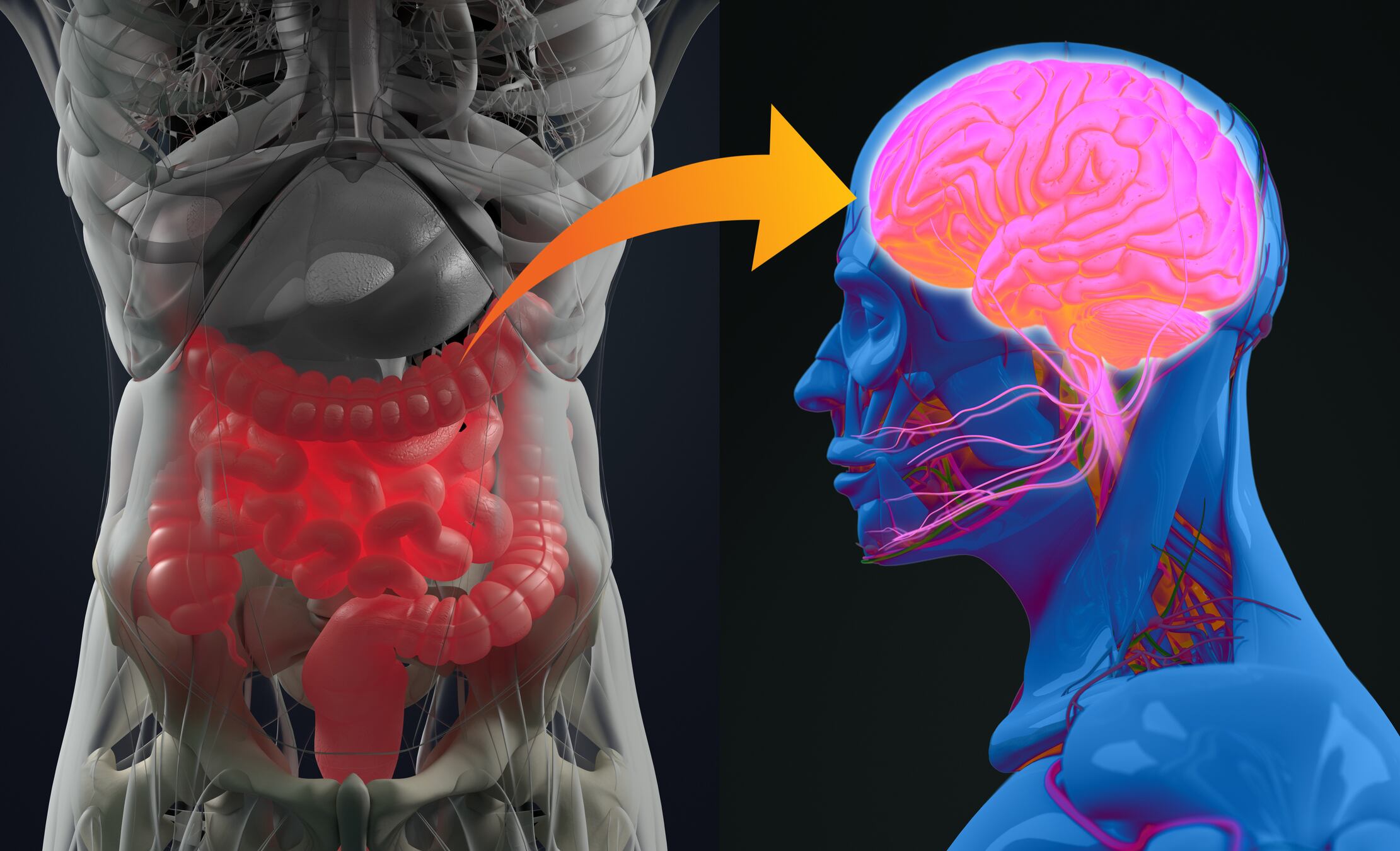Building on previous research linking brain function to gut bacteria, the new study in roundworms found that Bacillus subtilis PXN21 (Bio-Kult Mind) prevents the formation of toxic clumps that starve the brain of dopamine, a key chemical that coordinates movement.
Writing in the journal Cell Reports, the authors say these findings provide a basis for exploring the disease-modifying potential of B. subtilis as a dietary supplement.
ADM Protexin's Medical Director Dr Ashton Harper, says: "The reason these findings are so exciting is that, despite significant effort and investment in developing therapies to achieve these effects in Parkinson’s disease currently none are available. So these results at least offer hope of developing new treatment options for this common and debilitating disease; although clearly the effects demonstrated in this study need to be translated into humans before we can get too excited."
The report explains that in the brain of Parkinson's sufferers, alpha-synuclein protein misfolds and builds up, forming toxic clumps which are associated with the death of nerve cells responsible for producing dopamine. The loss of these cells causes the motor symptoms associated with Parkinson's, including freezing, tremors and slowness of movement.
Probiota 2020
The rapidly evolving universe of probiotics, prebiotics and the microbiome will be discussed in-depth at the upcoming Probiota 2020 in Dublin on February 10-12.
From microbiome advances, to start-up game changers, market stats, crucial clinical science and regulatory knowledge, this is a congressional must-have.
Will you be joining your peers in one of Europe’s greatest cities?
Study
The researchers from the Universities of Edinburgh and Dundee used roundworms altered to produce the human version of alpha-synuclein that forms clumps. They fed these worms with different types of over-the-counter probiotics to see if bacteria in them could affect the formation of toxic clumps.
The scientists found that a probiotic called Bacillus subtilis had a remarkable protective effect against the build-up of this protein and also cleared some of the already formed protein clumps. This improved the movement symptoms in the roundworms.
The team also found that the bacteria was able to prevent the formation of toxic alpha-synuclein clumps by producing chemicals that change how enzymes in cells process specific fats called sphingolipids.
Bringing forward treatments
Funded by Parkinson's UK, the EMBO and the European Commission, the study is the latest in a number of recent studies which have found a link between brain function and the thousands of different kinds of bacteria living in the digestive system, known as the gut microbiome. Other studies into mice have found that the gut microbiome has an impact on the motor symptoms.
Dr Harper says this study will "hopefully help to enhance the interest and engagement of the wider medical community with industry".
He adds: "Most importantly, if the results of this study can be reliably translated into humans, this will lead to a paradigm shift in the management of Parkinson’s disease and likely many other diseases to follow."
Lead researcher, Dr. Maria Doitsidou, from the Centre for Discovery Brain Sciences at the University of Edinburgh, said: "The results provide an opportunity to investigate how changing the bacteria that make up our gut microbiome affects Parkinson's. The next steps are to confirm these results in mice, followed by fast-tracked clinical trials since the probiotic we tested is already commercially available."
Dr. Beckie Port, research manager at Parkinson's UK, said: "Parkinson's is the fastest growing neurological condition in the world. Currently there is no treatment that can slow, reverse or protect someone from its progression but by funding projects like this, we're bringing forward the day when there will be.
"Changes in the microorganisms in the gut are believed to play a role in the initiation of Parkinson's in some cases and are linked to certain symptoms, that's why there is ongoing research into gut health and probiotics.
"The results from this study are exciting as they show a link between bacteria in the gut and the protein at the heart of Parkinson's, alpha synuclein. Studies that identify bacteria that are beneficial in Parkinson's have the potential to not only improve symptoms but could even protect people from developing the condition in the first place."
Source: Cell Reports
Published online, doi: 10.1016/j.celrep.2019.12.078
"Probiotic Bacillus subtilis Protects against α-Synuclein Aggregation in C. elegans"
Authors: Goya. M. E., et al


